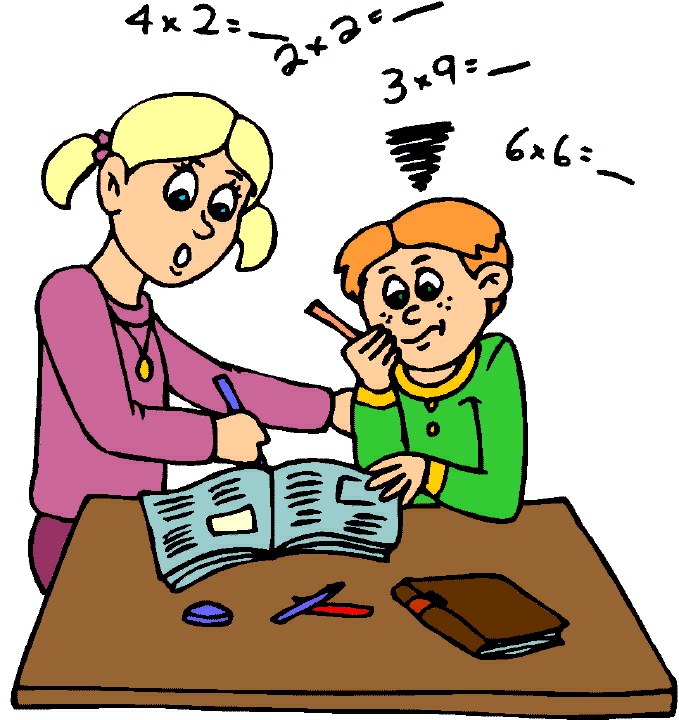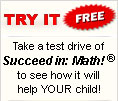What are Some Symptoms of Dyscalculia in Kids?
If you’ve landed on this page, you’ve most likely suspected your child may have dyscalculia. If this is the case, don’t worry. Kids with dyscalculia are most often treated with the right steps and help. Not every child will have all the symptoms, and not every child will have these symptoms either. These are just a base to give yourself an idea.
Some symptoms of dyscalculia include (but are not limited to):
- Unable to write down numbers in numerical order, or unable to recognize numbers.
- Uunable to understand simple math concepts, such as odd/even numbers.
- Shape recognition (difficulty recognizing simple shapes, such as circles, triangles, and square)
 If you think your child might have the learning disability, there are things you can do. First, you may want to take this test (it will give you a clearer understanding of exactly what your child struggles with). There are books, and software, and many options available to you. A tutor may be something you might consider, or talking to your child’s teacher to see if they have any ideas.
If you think your child might have the learning disability, there are things you can do. First, you may want to take this test (it will give you a clearer understanding of exactly what your child struggles with). There are books, and software, and many options available to you. A tutor may be something you might consider, or talking to your child’s teacher to see if they have any ideas.
There are literally thousands of children a day who struggle with something in their life. It’s part of growing up. Struggling with math can effect a child’s self esteem, as can struggling with anything. Helping your child practice something is generally the best way we can show support as a parent.
Diagnosing dyscalculia for your child should definitely not be your first instinct. If you think your child has dyscalculia, look deeper. Talk to your child’s teacher, really assess what your child is having difficulty with. If it’s just normal difficulty with math, that’s nothing to worry about. If you think it is further than that and is truly a learning disability, talk to a specialist, and most importantly, talk to your child. You will find out a lot by just talking to your child.
If your child does have dyscalculia, do not worry – there are ways you can treat the learning disability and help your child overcome it. Here is a fun way to practice math your child may enjoy. It’s a printable math games collection, and it was developed specifically for kids who have difficulties with math. You can find out more about the games here.
